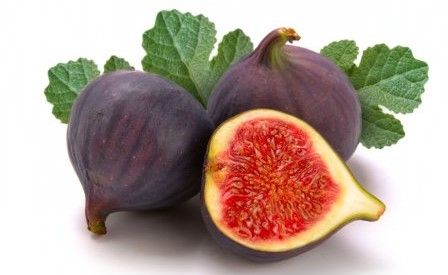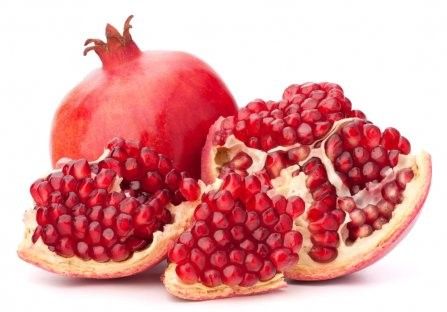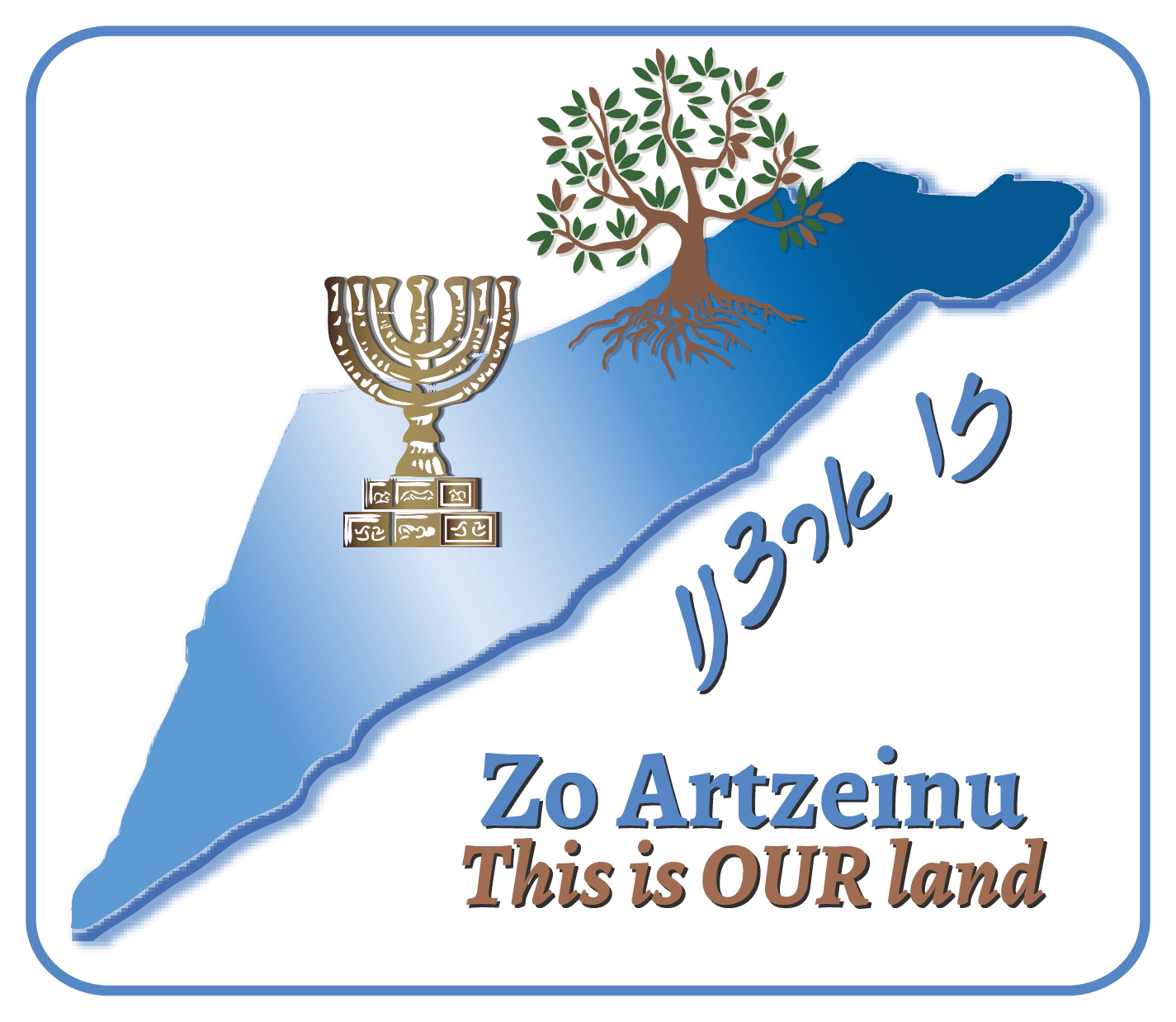The Seven Species
The Seven Species
While the Land of Israel is blessed with many fruits, the seven described in the Biblical verse, below, had a special status -- they were the First Fruits brought to the Temple on Shavuot, and given as an offering to God. As such, they symbolize the Land of Israel and the connection between the Jewish people and this land. Five of the seven spieces are Fruit trees and Zo Artzeinu focuses on planting all five of them. Olives, Grapes, Figs, Pomegranates and Date trees
"For the Lord your God
is bringing you into a good land. . .
of wheat and barley and
grapevines and figs and pomegranates;
a land of olives and honey."
Wheat - Chitah
Wheat's essential role puts it first among the seven species. Since ancient times, it has been considered one of man's most basic crops: from wheat flour, bread is produced. On Shavuot, the festival of the First Fruits, the first of the wheat crop would be brought to the Temple, as a culmination of the
Omer period that began on Pesach
Barley’s
- Se'orah Barley was, and still is, an important grain in Israel. Because it requires less water than wheat, it grows even in the arid fields of the Negev (Southern Israel). Since it ripens before wheat, its harvest begins in the month of Nissan (spring). On Pesach, the Omer offering of barley was brought to the Temple in Jerusalem as part of the festival. Bread prepared from barley was considered to be "poor man's" bread, possibly because it was not considered as tasty as bread made from wheat.
Grapes - Gefen
Man has been cultivating grapes from the earliest times: the first vineyard mentioned in the Bible was planted by Noah after the Flood. The cluster of grapes, brought to the Children of Israel in the wilderness by the Spies, symbolized the bounty of the Land of Israel. Throughout the generations, grapes have provided fruit and wine, and contributed to the economy of the indigenous Jewish community. Wine, indicative of joy, is used in many Jewish rituals and ceremonies.
Figs - T'einah The broad fig tree provides a lot of shade, as the prophet Micha proclaims in his vision of peace in the Land: "Each man will sit beneath his grapevine and his fig tree, and no one will fear. . . ." This sweet tasting fruit ripens in the hottest part of the summer and can be eaten fresh or dried. The Bible refers to the fig as a symbol of fertility. It was also one of the fruits brought to Moses by the spies to prove that the Land of Israel was fruitful.
Pomegranates - Rimon An old Hebrew song by Yaakov Orland portrays the pomegranate: The pomegranate tree has aromas that flow out from the Dead Sea and on to Jericho. . . The pomegranate is a dark red fruit with rich red flowers, and its abundant seeds serve as a powerful symbol of fertility.
The pomegranate's shape has been used in many decorative objects, such as the rimonim bells used to decorate Torah scrolls, the 200 rimonim of copper on the beams of the Temple, and the rimonim which decorated the High Priest's garment in the Temple.
Olives
- Zayit The olive tree is one of the oldest and most common trees in the Land of Israel. Indeed, there are olive trees in the Galilee that are estimated to be thousands of years old. The tree's leaves are green all year round, its roots are strong, and the silvery underside of the leaves gives off a sheen of light.
In Biblical times, olive oil was used to anoint priests and kings. In its purified form it was used to light the seven-branched Menorah (candelabra) in the Temple. The olive itself is eaten after having been preserved. Its oil is also used for cosmetics, healing compounds, and soaps
Dates. (Honey) - Tamar (D'vash) The date is both one of the Seven Species for which the Land of Israel is noted, and one of the Four Species used on the festival of Sukkot. The date tree is a tall and its fruit grows in clusters near the top. The sweet dates, which ripen at the end of summer, are eaten fresh or dried; they are also used to make honey. The tree itself is quite versatile -- its branches being used for cover (as in the Sukkah), its fibers for rope, and its trunk for building
Although we can't bring Bikurim to the Temple yet, we CAN plant fruit trees!
G-d willing the fruits from THOSE trees will be brought to the 3rd Temple!
Plant a fruit tree from one of the Seven Species mentioned in the torah (Bible)
Dedicate your tree in honor or memory of a friend or loved one.
We will mail them an authentic certificate with the printed dedication.
Makes a wonderful and meaningful gift.
ALL donations are tax deductible in the USA
We're a registered non profit organization Tax ID 11-3321933








